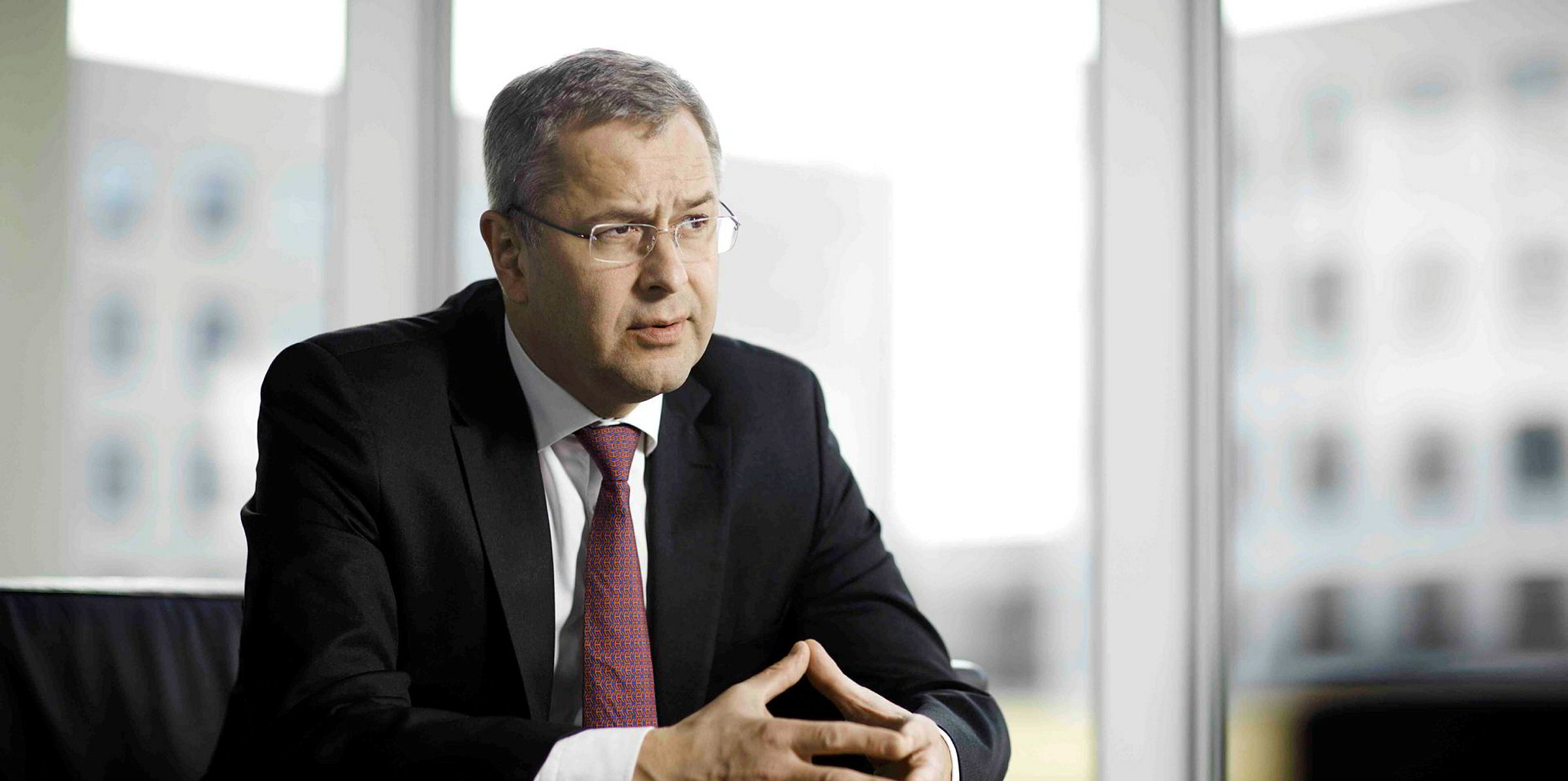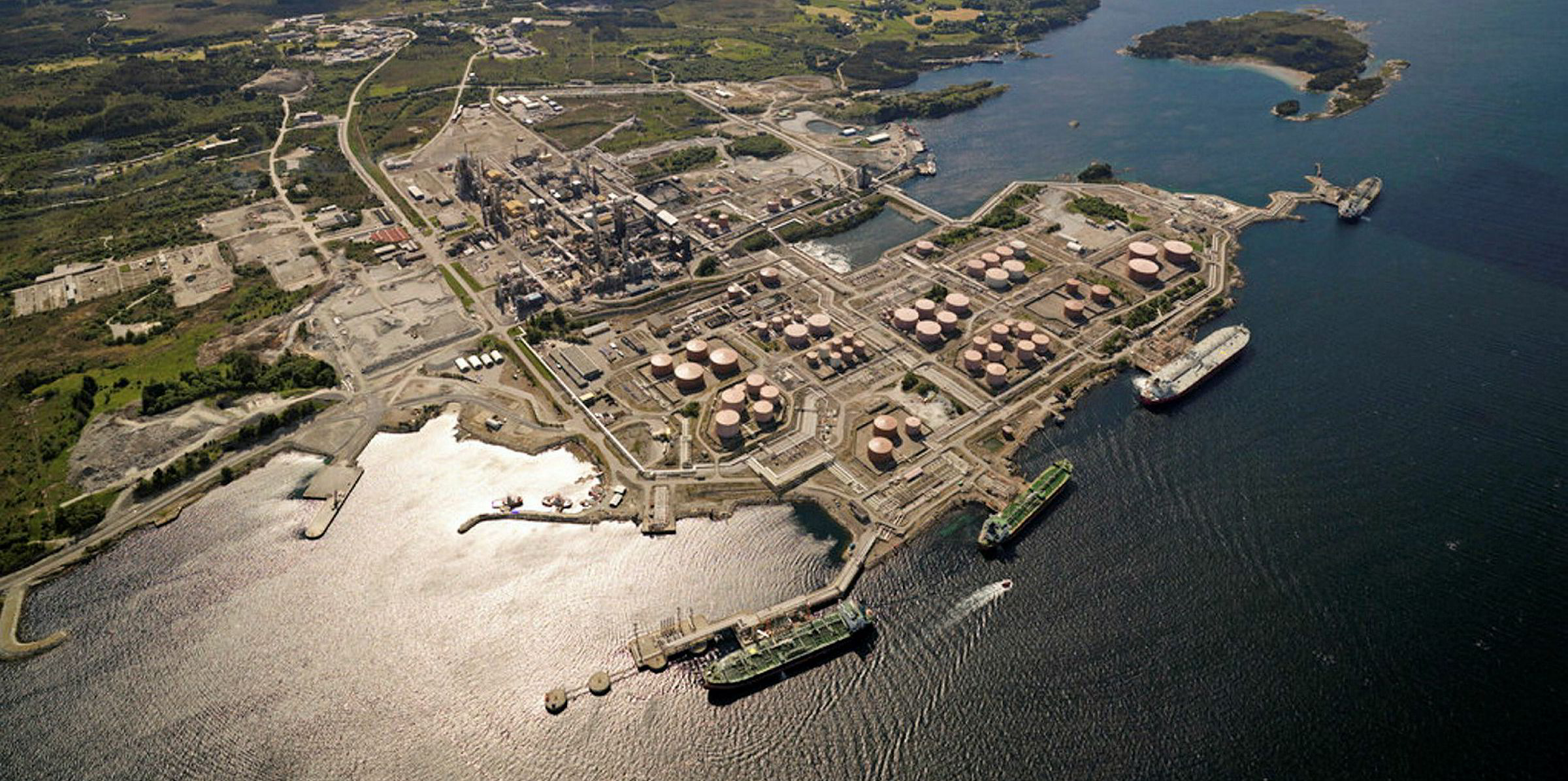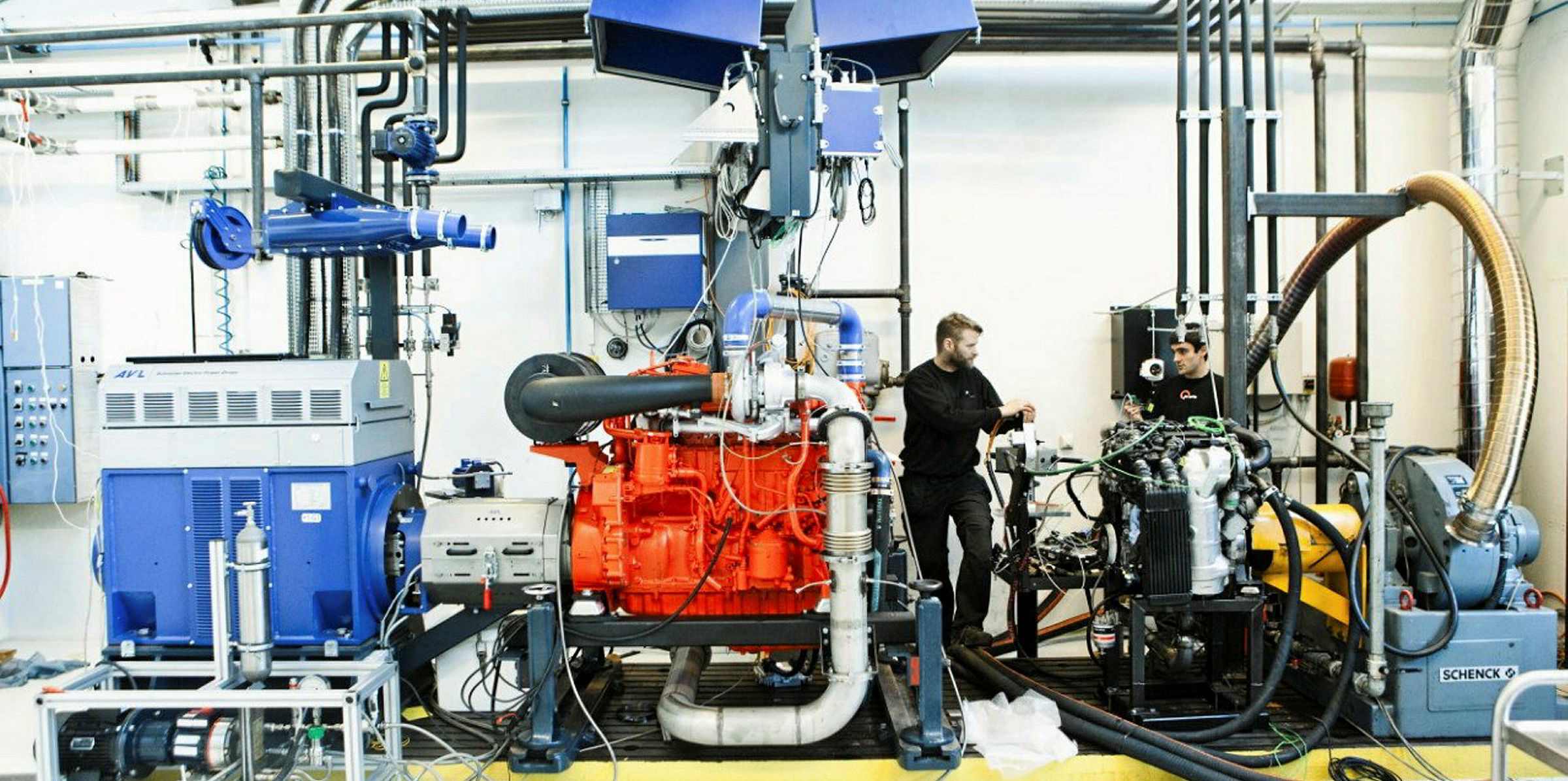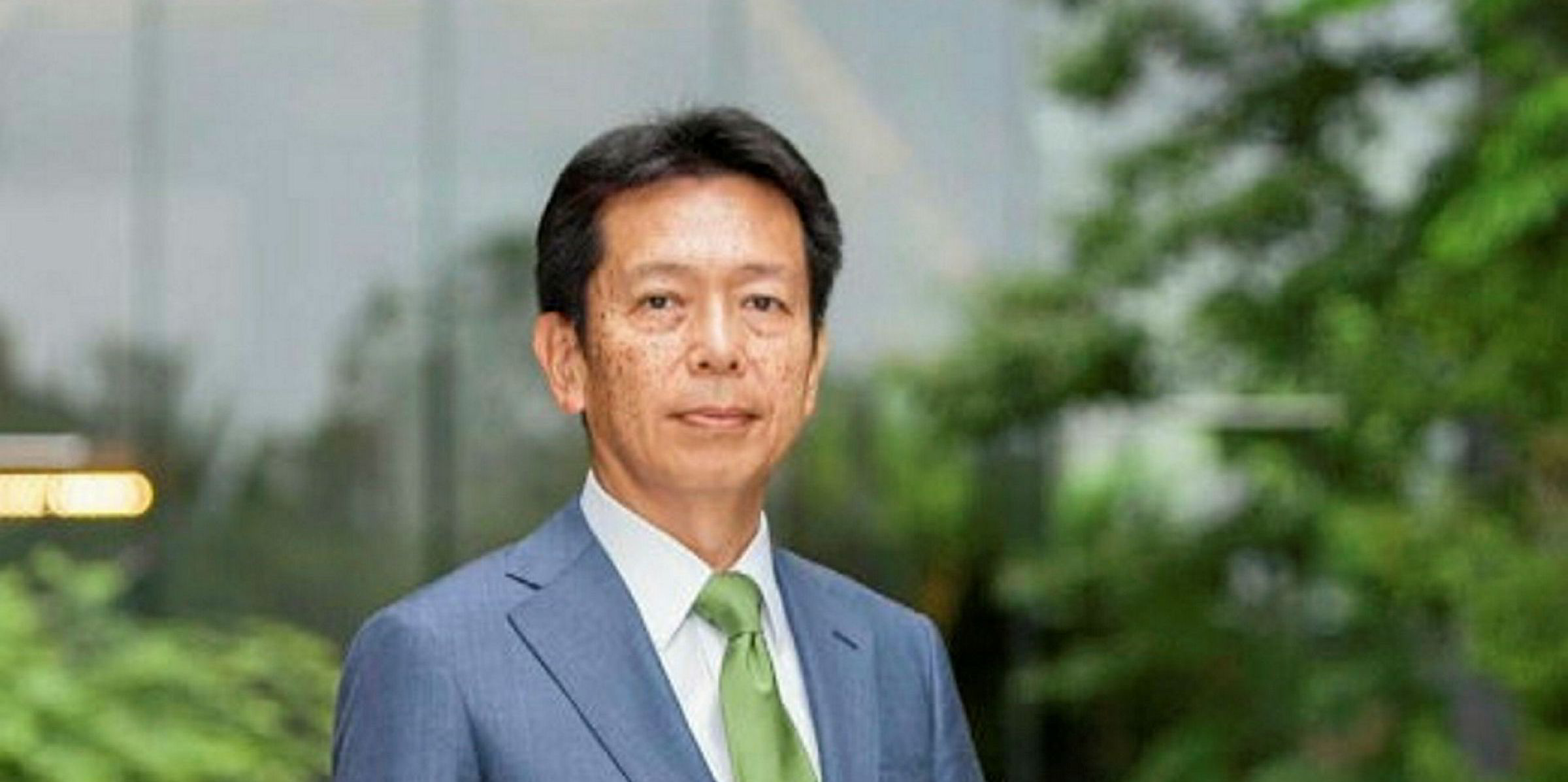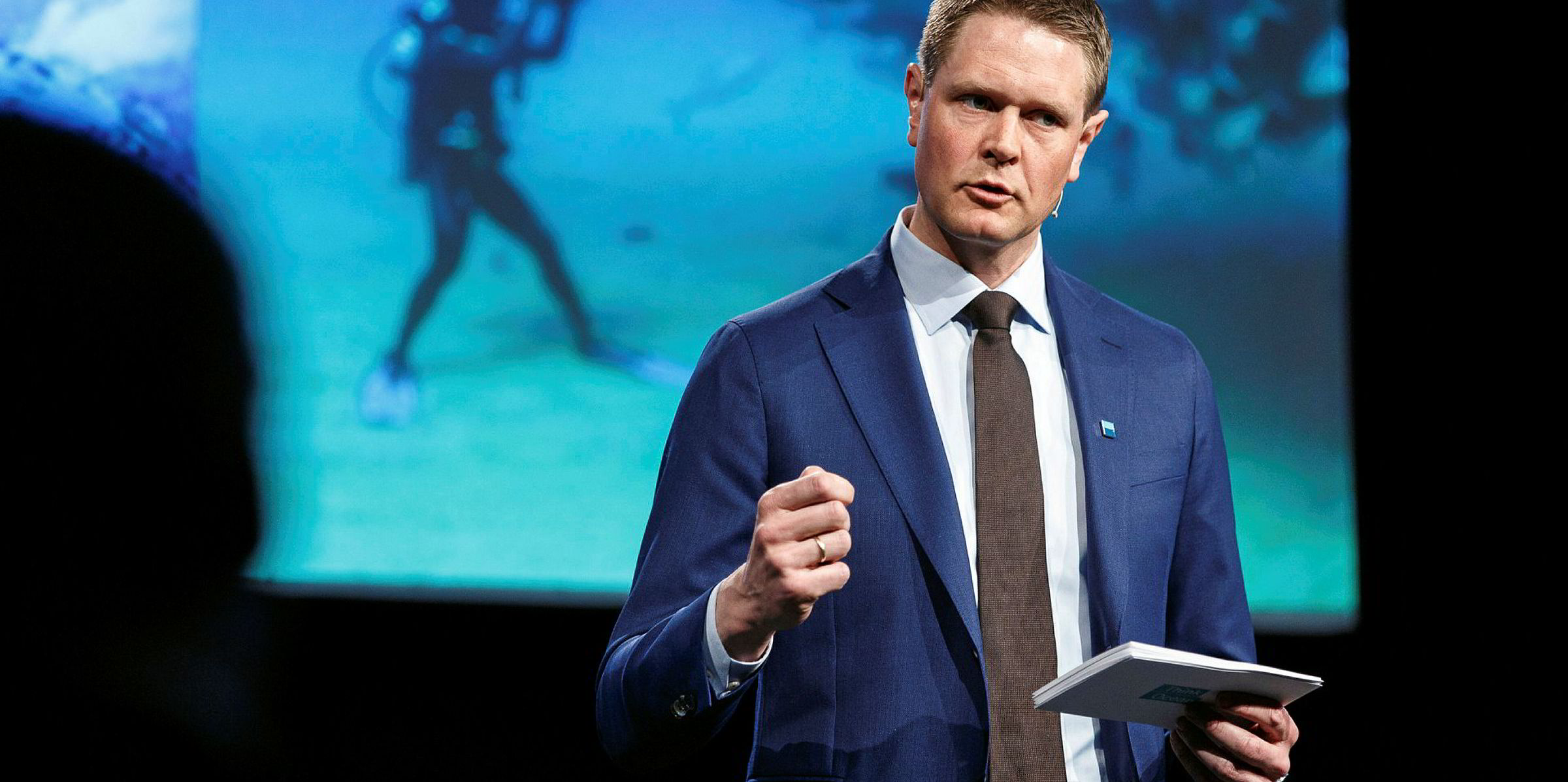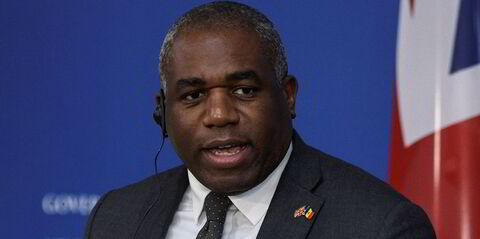Danish shipping and transport companies including AP Moller-Maersk have unveiled a new plan to supply sustainable fuels on an industrial scale.
The boxship giant is teaming up with compatriot ro-ro player DFDS and others to produce hydrogen and methanol in the Copenhagen area, potentially from 2023.
Copenhagen Airports, logistics company DSV Panalpina, airline SAS and wind-power company Orsted are also part of the partnership formed to help cut emissions by sea, road and air.
The project could become "one of the world's largest electrolyser and sustainable fuel production facilities," the companies said.
"The project can spearhead the maturation of sustainable fuels while creating jobs and new value chains to reinforce Denmark's role as a green energy leader."
When full scaled-up by 2030, it could turn out more than 250,000 tonnes each year for ships, buses, trucks and planes. This would cut annual carbon emissions by 850,000 tonnes, the partners claimed.
The plant will have a total electrolyser capacity of 1.3 gigawatts (GW).
Consultants COWI and BCG are also involved, and the scheme is supported by the Municipality of Copenhagen.
Three fuels planned
Methanol will be produced for vessels, hydrogen for land transport and renewable jet fuel called e-kerosene for planes.
The project will require a large-scale supply of renewable electricity, which could potentially come from offshore wind power produced at Ronne Banke off the island of Bornholm.
The partners recognise that to compete with conventional fuels on cost, the scale has to be sufficiently large and governments must help to create a framework that encourages private investment.
The group said that although several partners are "challenged" by the deep impact of Covid-19, their commitment to fighting climate change remains intact.
They see Denmark as being in a unique position to become a hub for the production of sustainable fuels.
Three stages envisioned
The first stage, which could be operational by 2023, comprises a 10MW electrolyser which can produce renewable hydrogen used directly to fuel buses and trucks.
Stage two comprises a 250MW electrolyser facility which could be operational by 2027 when the first offshore wind power from Bornholm could be delivered.
This will use sustainable carbon capture techniques to produce methanol and jet fuel.
Stage three will see production ramped up to 100% capacity in 2030.
The partners are seeking public funds and will go ahead in 2021 if a feasibility study confirms the viability of the plan.
"Decarbonising the transport sector is a significant and complex task that requires collaborative contributions from every company, organisation, and country," said Soren Skou, chief executive at Mearsk.
First step on green path
"This project provides a first step in the massive transformation to produce and distribute sustainable energy."
He added that in Denmark, there is an opportunity to accelerate the industry's "green transformation, as well as pursue sustainable energy.
"I am pleased that we can contribute with concrete actions," he said.
Copenhagen-listed Maersk has dismissed the potential of battery power to meet its emissions targets, while also backing ammonia and bio-methane as potential solutions.
DFDS chief executive Torben Carlsen added the power of partnerships will chart the path to industrial-scale sustainable fuel production.
Fastest way to sustainability
"The cooperation of fuel users and producers along with scientists and society is the fastest way to make sustainable fuels available as realistic alternatives to the fossil fuels we combust in our vehicles and vessels today," he said.
"I hope that this partnership and our project will help us reach our goal of operating zero-emission ferries and trucks much faster than we had originally anticipated."
Earlier this month, a site was chosen for Norway’s first plant to supply liquid hydrogen to the maritime market in a project linked to Wilhelmsen’s development of two hydrogen-fuelled ships.
An investment decision on building the production plant at Mongstad Industrial Park on the west coast of Norway will be taken by the end of this year, with the aim to make liquid hydrogen available for commercial shipping by early 2024.
In addition, Shell is leading a similar project in the Netherlands that could increase to 10 GW of offshore wind power by 2040 to help provide green hydrogen for heavy industry.
